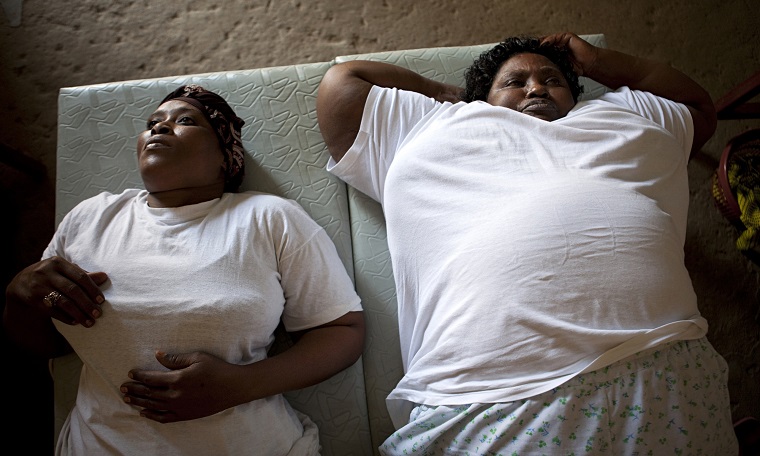Rapid urbanisation and associated changes in people’s lifestyle means Africa faces a growing obesity problem. Across the continent the share of the urban population is projected to increase to 50% by 2030 and 60% by 2050.
Increased urbanisation is associated with lifestyle changes such as decreased physical activity. This is often accompanied by increased intake of high caloric fast foods and sugar-sweetened beverages. This combination has contributed to the rising burden of obesity in towns and cities in developing countries.
Obesity is a serious public health problem because it significantly increases the risk of chronic diseases such as cardiovascular disease, type-2 diabetes, hypertension, coronary heart diseases as well as certain cancers. It also puts considerable strain on healthcare and social resources.
A person is considered to be obese if they weigh more than 20% over their ideal weight. It is more precisely defined as body mass index of 30 or more.
For women of reproductive age, the consequences of being obese are more serious. Studies have shown that maternal obesity is bad for both the mother and the unborn child. It can lead to higher rates of miscarriage, still-births and congenital anomalies.
Obesity can also result in gestational diabetes, which is marked by high blood sugar levels during pregnancy. These usually disappear after delivery. Another inherent risk is pre-eclampsia, a condition that affects some pregnant women and usually sets in 20 weeks into pregnancy.
Obesity during pregnancy can also affect health later for both mother and child, including increased risk of heart disease, hypertension and diabetes. Children of obese mothers also have a risk of future obesity.
And obesity is associated with decreased contraceptive efficacy and also impacts negatively on normal vaginal delivery.
To understand the scale of the obesity problem in Africa, we analysed demographic and health survey data from 24 African countries over 25 years. Such data are collected every five years in the developing countries. We found that not only was obesity on the rise, but that it is high among urban African women aged between 15 and 49 years.
Continued next page
(285 VIEWS)
